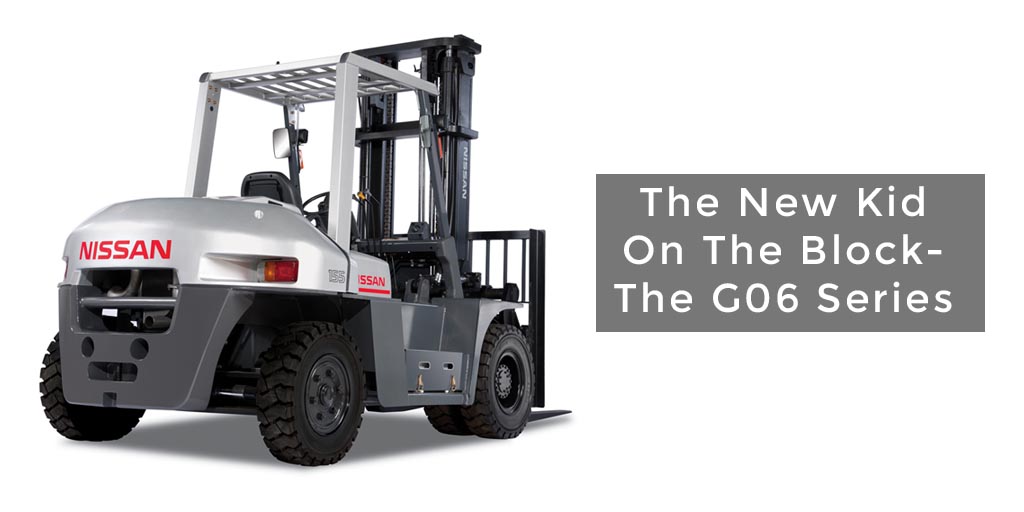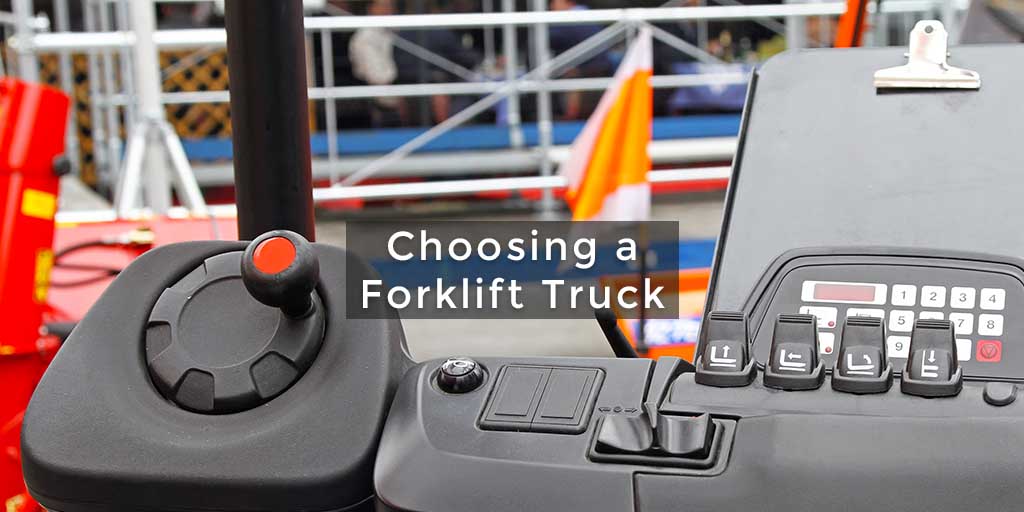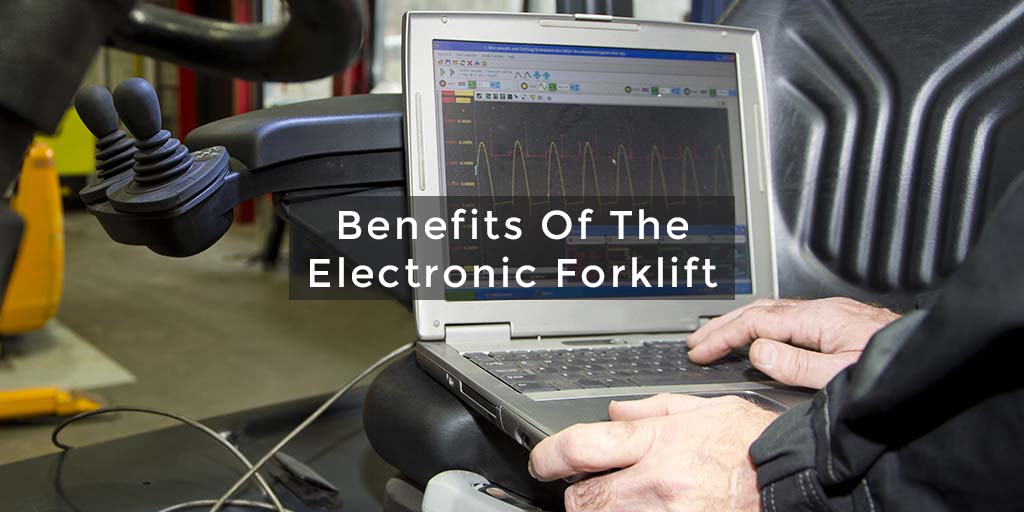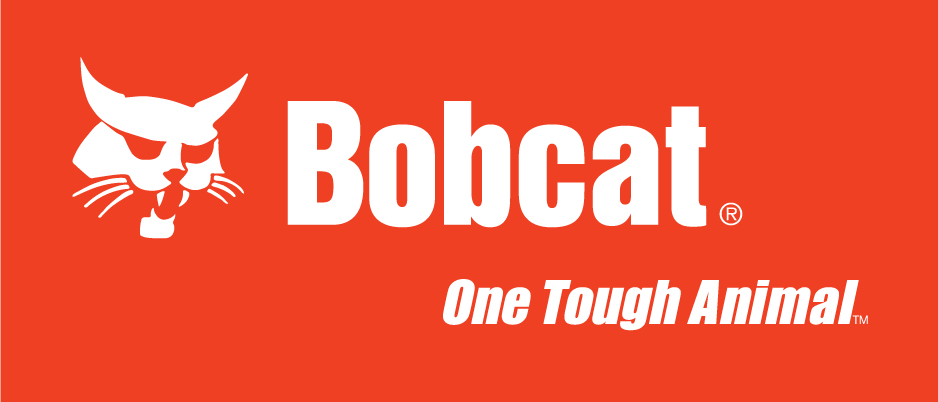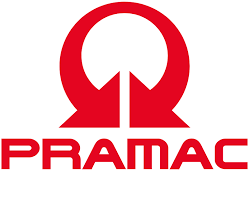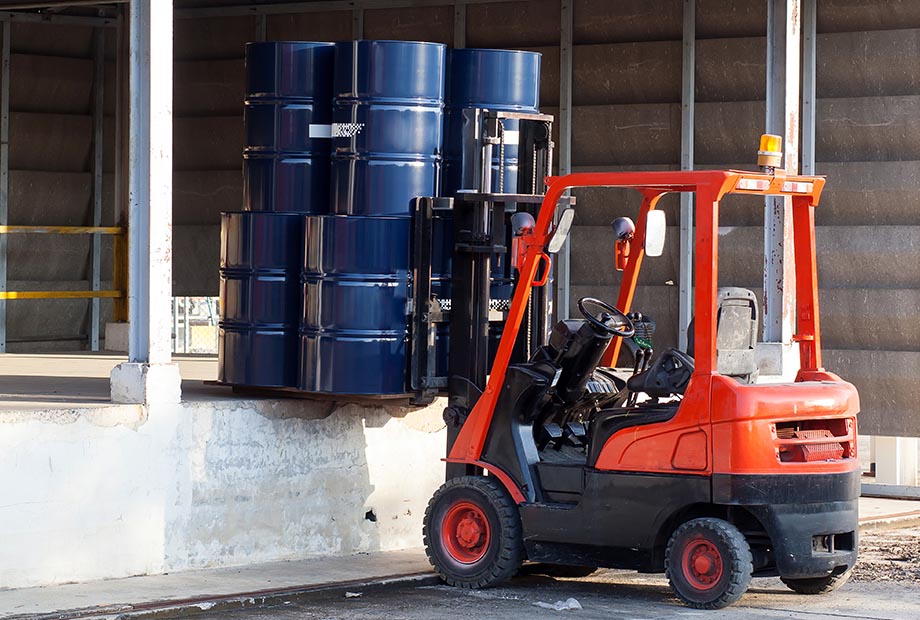
Why choose a diesel forklift truck?
Opting for a diesel forklift truck is an excellent choice to make. They are more fuel efficient than gas forklifts and have cheaper fuel too, which makes running them pretty cost-effective. Diesel forklift trucks have a relatively long shelf-life and their engines tend to be pretty durable. One of the great things about diesel forklift trucks is how convenient they are. Because they don’t need to be charged, diesel forklift trucks can be used at any time – day or night. But their main benefit is their performance. They have a superior performance above other kinds of forklift trucks and are more powerful, making them the ideal choice for towing and use on hills and outdoor areas.
However, one of the biggest problems you can face with your diesel forklift truck is contaminated fuel. Fuel contamination can become a big problem fairly quickly and can leave your fuel useless, whilst impacting efficiency, cost and reliability. Whilst it is a major issue if this happens, ensuring it doesn’t couldn’t be simpler.
Common causes of contaminated fuel
Some of the most common causes of contamination include: water in the fuel; poor filtration; lack of tank maintenance; prolonged fuel storage and diesel microbial contamination.
How to prevent fuel contamination
To minimise the risk of fuel contamination there are a number of things you can do.
Tank maintenance
First of all you should regularly perform thorough maintenance on the fuel tank. This includes draining water from fuel filters and replacing filters according to the manufacturer’s recommendations. It’s necessary to look out for rust when you do your checks as this corrosion can lead to rainwater seeping into the tank. You can minimise the risk of water entering the tank by always keeping the tank full, but you can also look into treatments for preventing water accumulation. Regularly testing of microbes can allow you to keep on top of your fuel and take action when necessary. A biocide can always be used for extra precaution but only needs to be used every 90 days.
Handling
Poor handling of your fuel can result in contamination with all sorts of things including sand and dirt which can really cause trouble in your tank and your forklift truck as a whole. You can combat this by running your fuel through a filtration system when you’re transporting or moving your fuel.
Buy high quality fuel
Purchasing your fuel from a reputable source means you’ll get high quality fuel and it will be less likely to become contaminated. It may be tempting to go for the cheapest fuel you can find but you’re probably going to get a low grade of fuel.
Proper storage
You can minimise the risk of fuel contamination by properly storing your fuel. Diesel shouldn’t be stored for any longer than around 12 months and should always be kept below 35˚C.
Signs your fuel is contaminated
If you want to know how to spot when your fuel is contaminated, there are a few things to look out for.
Appearance of your fuel
Fuel should be clear and bright. If you take a sample and it looks cloudy, it could be that there is water in the tank. The presence of water means it is highly likely that microbes will be forming to further contaminate your fuel. If your fuel is darker in colour than usual it could be that asphaltenes are forming. If these are left untreated then they can block your engine filter.
Degraded fuel tank
If you notice problems with your fuel tank such as rusting, chances are your fuel will be contaminated. If the you catch problems with your fuel tank early enough, you may be able to prevent your fuel from becoming contaminated but that will only happen with regular tank maintenance.
Reduction in performance
If you’re noticing a reduction in the performance of your forklift truck, and you’ve ruled out any other possibilities i.e. mechanical problems, then your fuel may be contaminated. Once you’ve replaced the contaminated fuel and fixed the root of the problem, for example a rusty fuel tank, you should see the performance pick up.
Diesel forklift trucks can be a huge benefit to your business, you just need to know how to keep your fuel from becoming contaminated.


